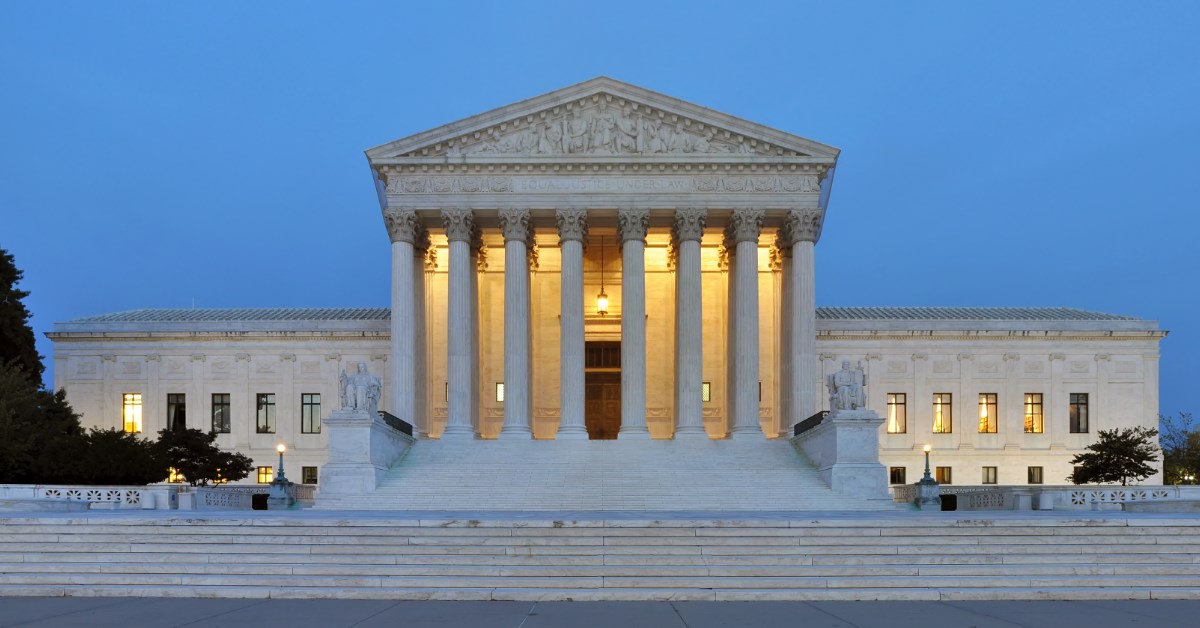The Supreme Court upheld a federal law banning gun ownership for individuals subject to domestic violence restraining orders in an 8-1 ruling. The decision highlights a tradition of restricting firearms for those deemed dangerous.
WASHINGTON, D.C. (6-minute read) — The Supreme Court on Thursday upheld a federal law banning gun ownership for individuals under domestic violence restraining orders (DVROs).
In an 8-1 decision authored by Chief Justice Roberts, the majority concluded, “[W]e conclude only this: An individual found by a court to pose a credible threat to the physical safety of another may be temporarily disarmed consistent with the Second Amendment.”
This ruling aligns with the historical and traditional stance of restricting firearms access to individuals deemed dangerous, despite no specific ban existing when the Constitution was first enacted.
Friday’s ruling in the case, U.S. v. Rahimi, could influence several gun-rights measures currently navigating the legal system and state legislatures. The decision could also impact cases involving whether current and former drug users can be similarly denied gun ownership, including the case of Hunter Biden. Biden, convicted of lying about his drug addiction on a federal registration form in 2018 when purchasing a firearm, is expected to appeal his conviction.
Background of the Case
The case originated from a lawsuit involving Zackey Rahimi, a Texas man subject to a DVRO who argued he retained the right to a firearm for self-protection. Rahimi faced multiple state charges, starting with the physical assault of his ex-girlfriend in 2019 and later another woman, using firearms in these offenses. This history of violence and the subsequent DVRO prompted the legal debate over his right to gun ownership under the Second Amendment.
Broader Context and Historical Perspective
During oral arguments in November, justices across the ideological spectrum appeared to support the Biden administration’s argument that there is a historical and traditional precedent for disarming individuals deemed dangerous, despite the absence of specific historical laws. This perspective underscores the balance between individual gun rights and public safety concerns, particularly regarding domestic violence.
Potential Impact on Future Cases
The Supreme Court’s ruling is expected to set a precedent for how courts address the intersection of gun rights and public safety, particularly in cases involving domestic violence and substance abuse.
Safety Tip: Always ensure firearms are stored safely and securely, out of reach of individuals who may pose a danger to themselves or others.














![[VIDEO] What To Do With Your Concealed Carry Firearm In A Public Restroom](https://imagedelivery.net/sbm_lYeJbALkepJgtmRD5w/concealednation.org/2015/05/thumbnail-template.jpg/w=728,h=381)